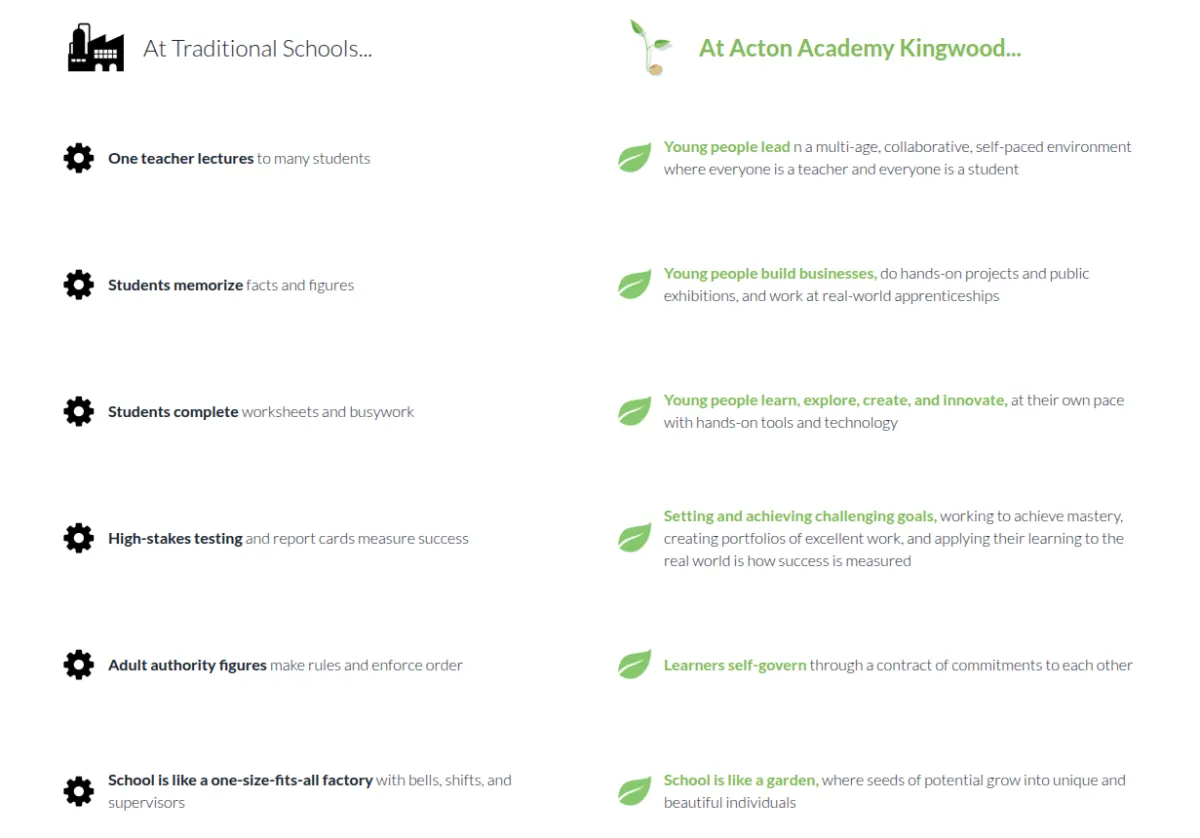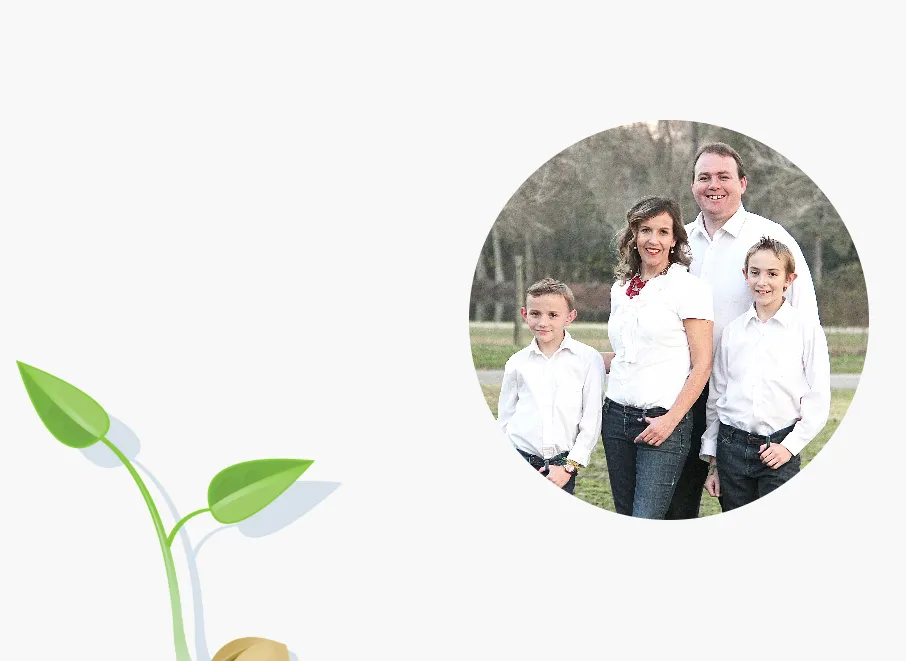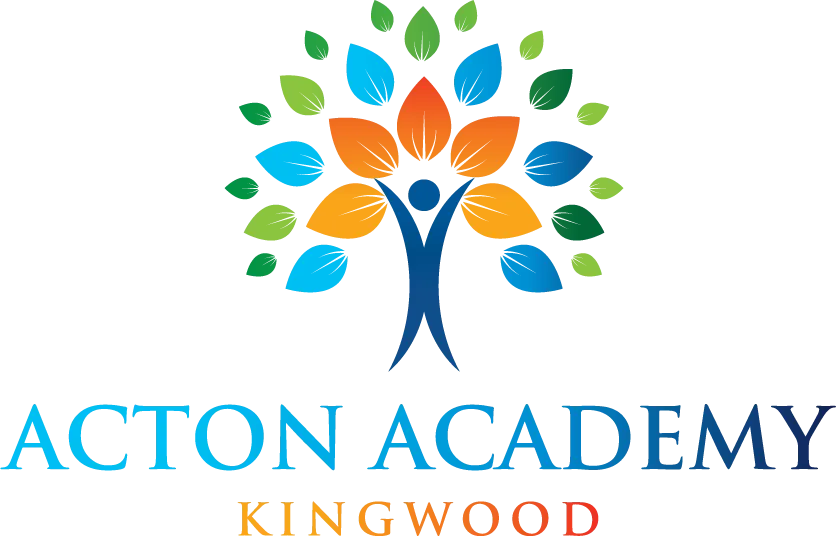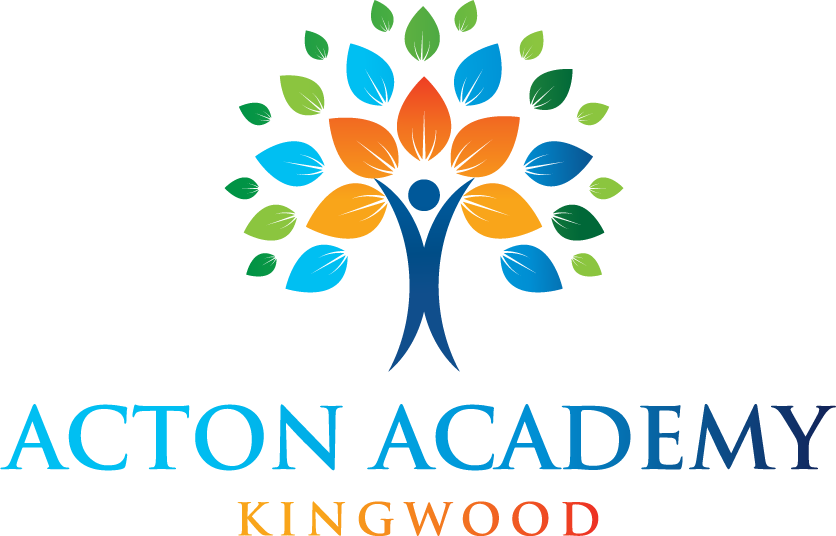📞 346-572-4531
A One-Room Schoolhouse
For the 21st Century
Montessori-inspired Private School Serving ages 4-14
(Middle school coming for the 2026-2027 school year)
A One-Room Schoolhouse
For the 21st Century
Montessori-inspired Private School Serving ages 4-14
(Middle school coming for the 2026-2027 school year)
Education Reimagined
for the 21st Century
Acton Academy Kingwood is a Montessori-inspired private school that combines the old and new. We bring the one-room, community schoolhouse, that shaped and built America, into the 21st Century! Our mission is to educate the whole person and inspire everyone who comes through our doors to find a calling and change the world.
We are part of the Acton Academy network—a network of parent-entrepreneurs transforming education one school—and one individual—at a time.
We can’t wait to share it with you!

"The greatest gifts we can give our children are the roots of responsibility and the wings of independence."
- Maria Montessori
How is Acton Academy Kingwood turning learning upside down?

Experience how Acton is transforming education in this independent, award-winning documentary.

Embracing rigor is part of saying 'yes' to a Hero's Journey. Deep learning brings a special sense of joy, but the mastery required for a Hero's Journey goes even further, requiring commitment, discipline, and hard work towards a worthy goal.
Our Mission:
Our mission is to inspire each person who enters our doors to find a calling that will change the world.
Our Beliefs:
We believe each person has a gift that can change the world in a profound way.
We believe in learning to learn, learning to do and learning to be.
We believe in a closely connected family of lifelong learners.
We believe in economic, political and religious freedom.
Our Promises:
We promise, through Socratic guiding and experiential learning, to encourage your child to:
Begin a Hero's Journey;
Learn to be a curious, independent, lifelong learner;
Develop a deep respect for economic, political and religious freedoms;
Cherish the arts, wonders of the physical world and the mysteries of life on earth; and
Discover their most precious gifts and learn to use them to serve others.
Our Educational Philosophy:
We believe clear thinking leads to good decisions, good decisions lead to the right habits, the right habits forge character and character determines destiny.

Hey Parents! We're in this together!
Like us, you are concerned about one of the most important decision you will make for your children's future, their education. They have unlimited potential, unique gifts and talents, and so much to offer the world if provided the right environment in which to grow.
We believe children are like a seed, filled with potential to become something beautiful and unique, and our school is a "garden" to help them reach their full potential. We don't "shape" young minds; we provide fertile soil, warmth, light, space, proper tools, and love, and young people flourish.

© Acton Academy Kingwood 2019-2020
Find out More...
